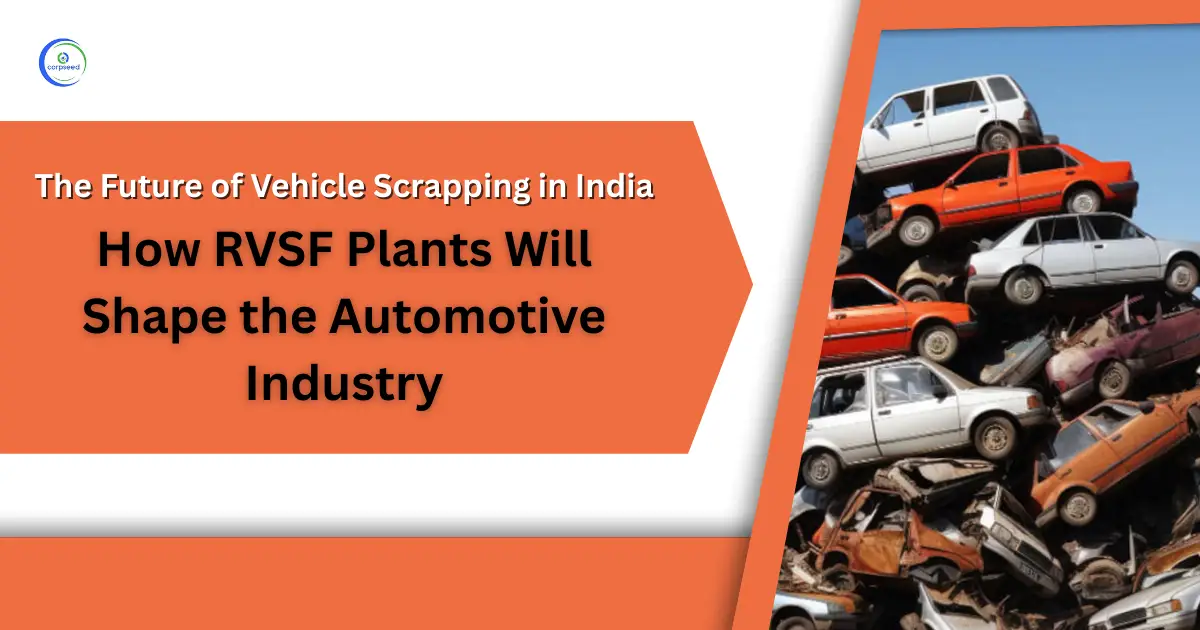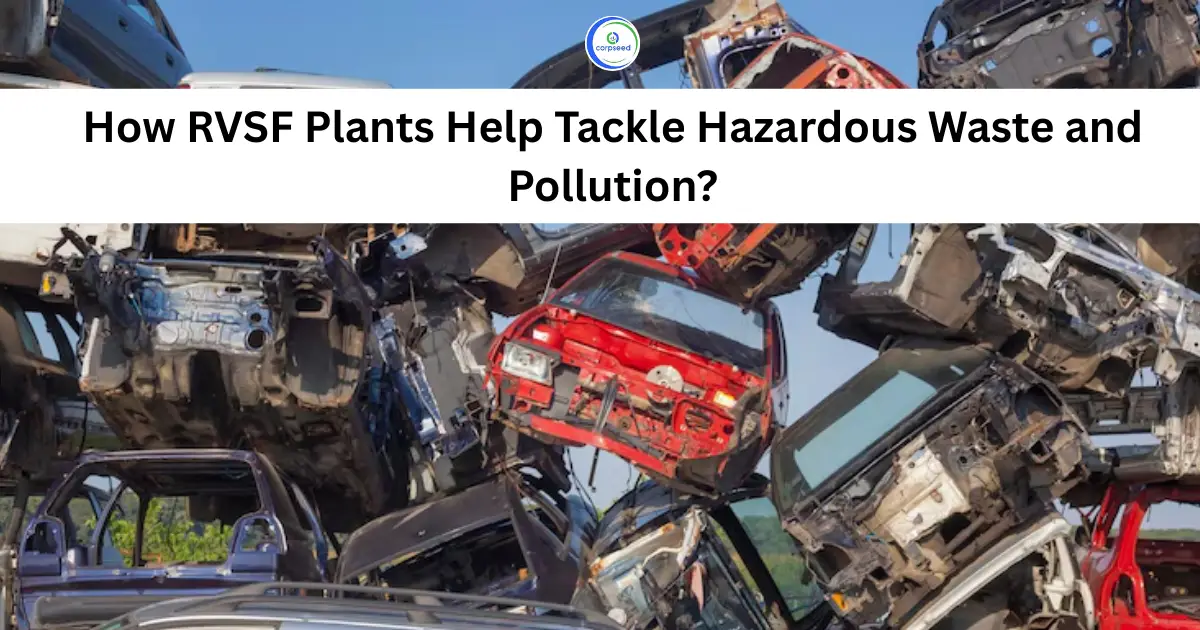India’s rapid technological advancements and increasing use of electric vehicles (EVs) have significantly increased the demand for lithium-ion batteries. These batteries power a wide range of devices, from smartphones and laptops to electric cars and renewable energy storage systems. However, as more lithium-ion batteries are used, managing their disposal after they reach the end of their life has become an urgent challenge. Due to the toxic chemicals and valuable materials in these batteries, improper disposal can endanger the environment. This concern has led to the development of lithium-ion battery recycling plants in India. These plants provide solutions to reduce the environmental impact of battery waste while recovering valuable materials for reuse, promoting a circular economy and contributing to sustainable energy storage solutions in India.
Table of Contents
--------------Blog Contact Form-------------
What is a Lithium-Ion Battery Recycling Plant?
A lithium-ion battery recycling plant is a facility designed to recover valuable materials from used or discarded lithium-ion batteries. The process begins with the safe collection and sorting of spent batteries, after which they are disposed of. The battery is then processed mechanically and chemically to separate components such as lithium, cobalt, nickel and graphite. These materials are extracted and purified for reuse in the production of new batteries. The recycling process helps recover these essential materials, which are needed to make new batteries. In addition to separating valuable components, the plant also serves as the safe disposal of any remaining waste, ensuring proper management of hazardous materials. The recovered material is then sent to manufacturers to make new batteries, reducing the need for fresh mining and contributing to a more sustainable supply chain for battery production.
Rise of lithium-ion batteries in India
Lithium-ion batteries have emerged as the preferred energy storage solution due to their high energy density, long life, and relatively light weight. In India, this has enabled the growth of the battery electronics industry, with devices such as smartphones, laptops, and tablets becoming more common. Moreover, India’s transportation sector is also moving towards electric vehicles (EVs), which rely on lithium-ion batteries to power their motors. The increasing use of these batteries in various sectors reflects the global shift towards cleaner and more sustainable energy sources.
The demand for lithium-ion batteries in India will continue to grow. This is due to the growing adoption of electric vehicles, the expansion of renewable energy sources such as solar and wind, and the need for efficient energy storage solutions. As India works towards decarbonizing its energy sector, the role of lithium-ion batteries becomes increasingly important. However, the increasing demand for these batteries also brings the challenge of sustainable disposal and recycling, which is where recycling plants come into play.
Benefits of Lithium-Ion Battery Recycling Plants in India
Setting up a lithium-ion battery recycling plant in India offers many benefits, both environmentally and economically.
- Environmental Protection: One of the major benefits of lithium-ion battery recycling is environmental protection. Improper disposal of these batteries can release harmful chemicals such as cobalt, nickel, and lithium into the soil and water, causing pollution. Recycling facilities ensure that these toxic substances are safely processed and removed, preventing contamination of natural resources, which ultimately helps protect the environment and reduce the ecological footprint of battery waste.
- Conservation of Resources: Recycling lithium-ion batteries allows for the recovery of precious metals such as lithium, cobalt, nickel, and copper. This reduces the need for new mining operations, which have environmental and social impacts, including deforestation, habitat destruction, and poor labour conditions. By recycling batteries, India can conserve natural resources and reduce its dependence on raw material extraction, promoting more sustainable practices in battery production.
- Reduced Landfill Waste: Lithium-ion batteries discarded in landfills can take hundreds of years to decompose, during which time they risk leaching harmful chemicals into the environment. Recycling plants divert these batteries from landfills, reducing waste and reducing environmental damage. This process is crucial to effectively manage waste and promote environmental sustainability.
- Low Carbon Footprint: Recycling lithium-ion batteries requires much less energy than mining and manufacturing new batteries. Lower energy demand results in reduced carbon emissions, which supports India’s efforts to fight climate change. By recycling batteries, India reduces the environmental footprint associated with battery production and contributes to its sustainability goals.
- Support for Sustainable Energy Transition: Recycling lithium-ion batteries is crucial for India’s transition to renewable energy. Recycled materials are essential for making new batteries for electric vehicles and energy storage, promoting a cleaner and more sustainable energy future.
Also Read: The Importance of Lithium-Ion Battery Recycling in Reducing Environmental Impact
Future of Lithium-Ion Battery Recycling in India
The future of lithium-ion battery recycling in India holds significant promise due to technological advancements and stricter regulations. With the growing adoption of electric vehicles and renewable energy storage systems, the demand for efficient recycling solutions will increase. Research focuses on improving recycling processes, such as enhanced chemical treatment and mechanical separation techniques, to recover more materials with less environmental impact. One area of innovation is “direct recycling”, which aims to recover battery materials with minimal degradation, ensuring high-quality materials for reuse in new batteries. In addition, efforts are underway to improve battery design, making it easier to disassemble and recycle, thereby streamlining recycling processes and increasing material recovery rates.
In India, the government is taking steps to address battery waste management challenges by enforcing strict rules on recycling. Policies such as the Extended Producer Responsibility (EPR) scheme are encouraging battery manufacturers to take more responsibility for the recycling of their products. These regulations are expected to increase investment in recycling infrastructure and technologies, paving the way for a more sustainable and circular economy in India.
Conclusion
Lithium-ion battery recycling is crucial to ensure the sustainable use of energy storage technologies in India. With the growing demand for these batteries, recycling plants play an essential role in reducing waste, protecting the environment, and conserving precious resources. The benefits of lithium-ion battery recycling, including environmental protection, resource conservation, and economic growth, are critical to India’s long-term sustainability. As technological advances improve recycling methods and increase regulatory support, India’s battery recycling industry is poised for significant growth. This will not only help meet energy storage needs but also help achieve the country’s broader goals of a low-carbon economy and a sustainable future. By investing in recycling infrastructure and improving processes, India can ensure that increased lithium-ion battery usage is aligned with environmental sustainability and resource conservation.
This portion of the site is for informational purposes only. The content is not legal advice. The statements and opinions are the expression of author, not corpseed, and have not been evaluated by corpseed for accuracy, completeness, or changes in the law.
BOOK A FREE CONSULTATION
Get help from an experienced legal adviser. Schedule your consultation at a time that works for you and it's absolutely FREE.









